Lexus, the luxury vehicle division of Japanese automaker Toyota, is reportedly working on an electric supercar that promises to deliver mind-blowing performance.
According to sources familiar with the matter, the car is being developed as a halo model for the brand and will showcase the latest in electric vehicle technology.
The upcoming electric supercar with the L logo is hinted as a spiritual successor to the famed Lexus LFA.
You’d do well to remember Lexus built 500 units of the 2-seater LFA performance sports car back in 2012, sending each to their wide-eyed owners at a handsome price of $350,000 (roughly ₦161 million).
Don’t get a heart attack just yet. The in-development supercar EV is expected to cost considerably less than the legendary LFA but still retain a price tag hovering around the six figures.
The as-yet-unnamed supercar will reportedly be powered by four electric motors, one at each wheel, which will provide the car with all-wheel drive and exceptional acceleration.
Reports suggest that the car will be capable of going from 0 to 60 miles per hour in under 2 seconds, making it one of the fastest production cars ever made.
In addition to its impressive performance, the Lexus electric supercar is also expected to have a range of over 300 miles on a single charge, thanks to its advanced battery technology. This would make it one of the longest-range electric vehicles on the market, and a viable option for long-distance driving.
Sources also suggest that the car will feature a futuristic design, with a low-slung body and aggressive lines. The interior is expected to be equally impressive, with a minimalist design and the latest in infotainment and driver assistance technology.
The Lexus electric supercar is still in the development phase, and no official release date has been announced. However, reports suggest that the car could be unveiled as early as 2024, with production beginning shortly thereafter.
The development of an electric supercar is a significant move for Lexus, as it seeks to establish itself as a leader in the electric vehicle market. With its cutting-edge technology and impressive performance, the car is sure to turn heads and attract attention from car enthusiasts around the world.
Powerful EV Supercars The Lexus Will Be Up Against
As electric vehicles continue to gain popularity, automakers are pushing the limits of what is possible with battery-powered cars.
One area where this is particularly evident is in the world of electric supercars. These vehicles are designed to deliver breathtaking performance, with acceleration and top speeds that rival the most powerful gasoline-powered cars on the market.
Here is an overview of some of the most powerful electric supercars currently available:
Rimac C_Two: Top Speed – 256 MPH
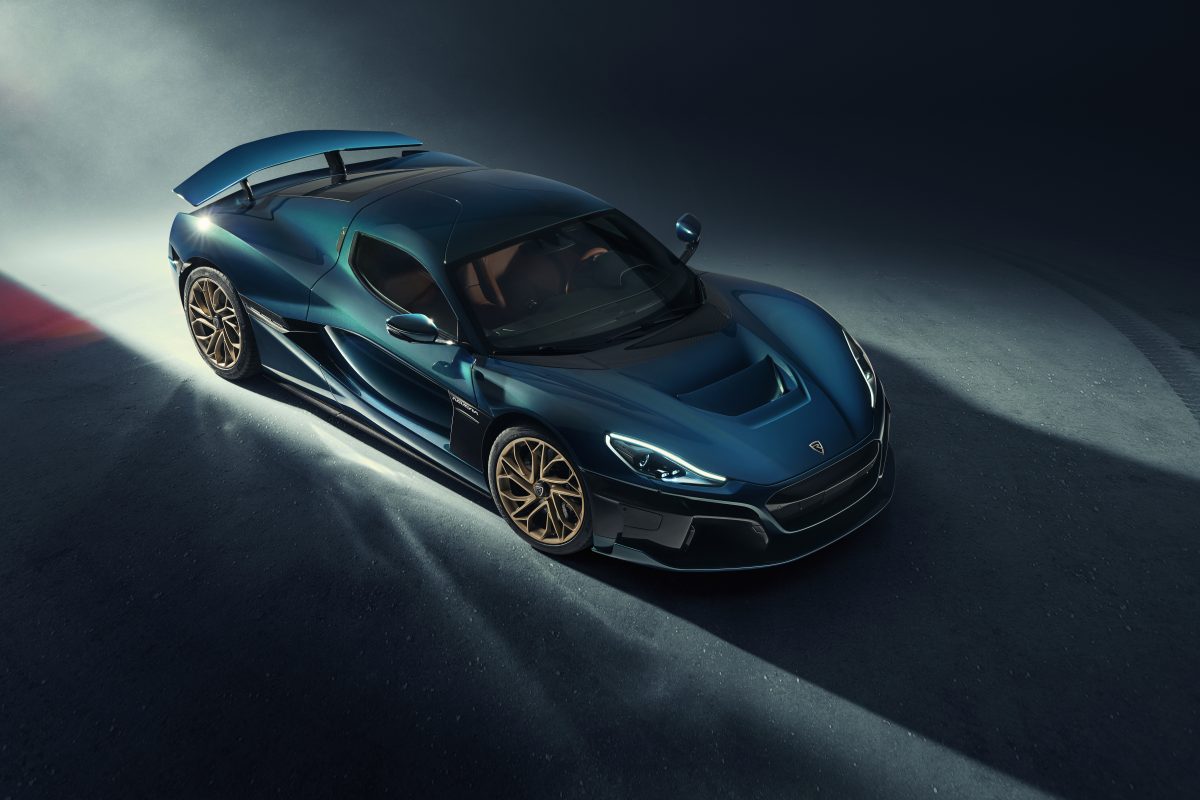
The Rimac C_Two is a Croatian-built electric supercar that boasts an impressive 1,914 horsepower. This is achieved through a combination of four electric motors and a 120 kWh battery pack.
Although official records placed the top speed at 256 mph, speed tests saw the car is capable of reaching a top speed of 258 miles per hour and go from 0 to 60 miles per hour in just 1.85 seconds.
Pininfarina Battista: Top Speed – 223 MPH
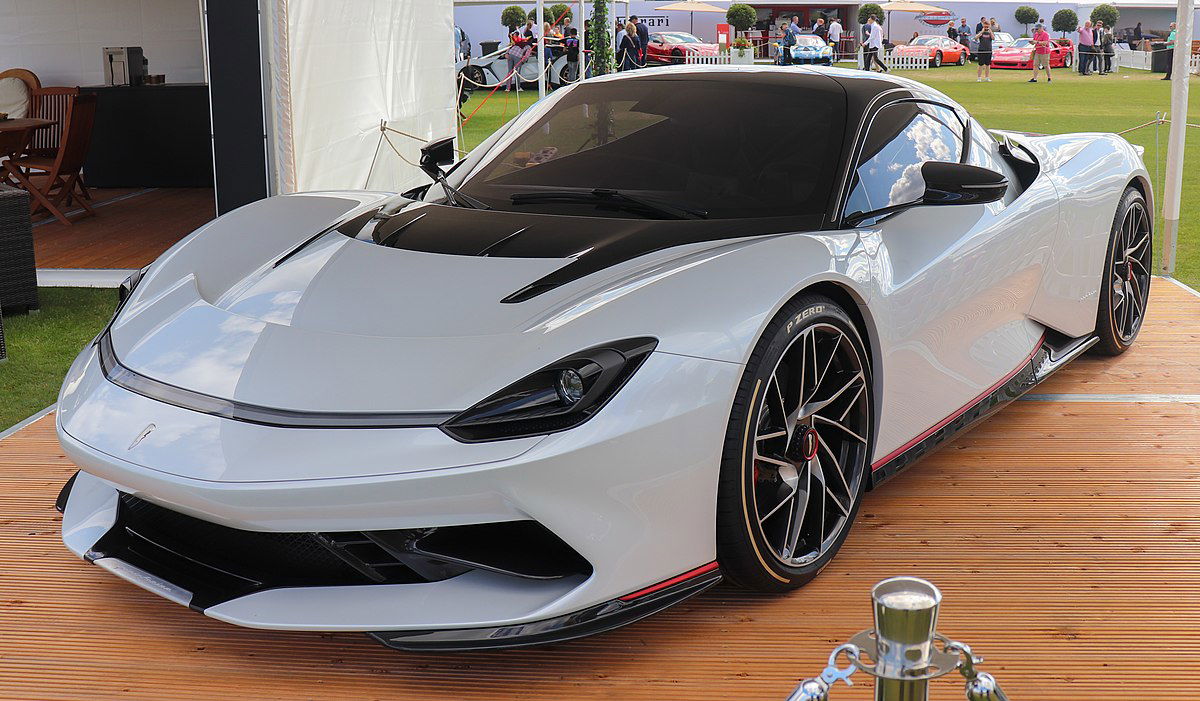
The Pininfarina Battista is an Italian-made electric supercar that produces 1,900 horsepower from its four electric motors.
Speed tests found the car is capable of reaching a top speed of 217 miles per hour and can go from 0 to 60 miles per hour in less than 2 seconds. The Battista has a range of over 300 miles on a single charge.
Tesla Roadster (Second Generation): Top Speed – 250 MPH
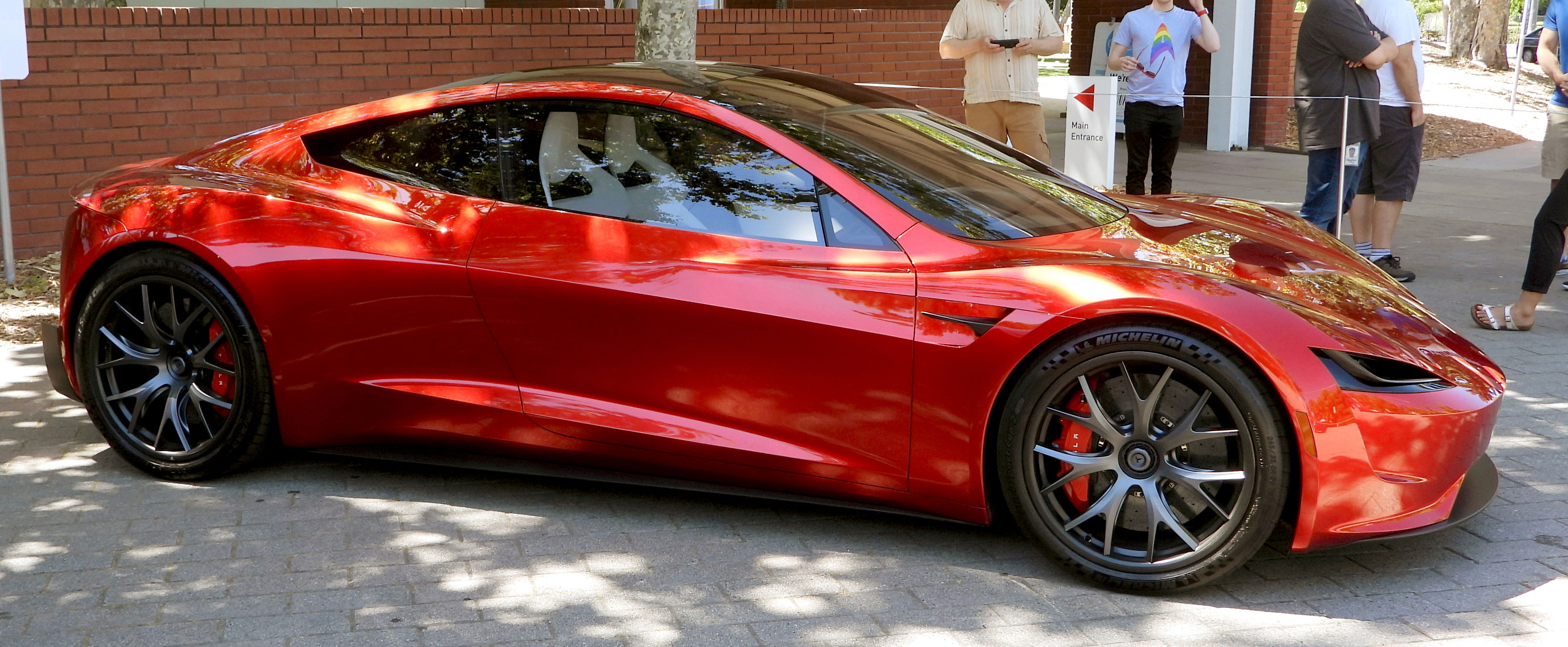
The Tesla Roadster is an upcoming electric supercar from the American automaker. The car is expected to produce over 1,000 horsepower and be capable of reaching a top speed of over 250 miles per hour. Tesla claims that the Roadster will be able to go from 0 to 60 miles per hour in just 1.9 seconds.
Lotus Evija: Top Speed – 217 MPH
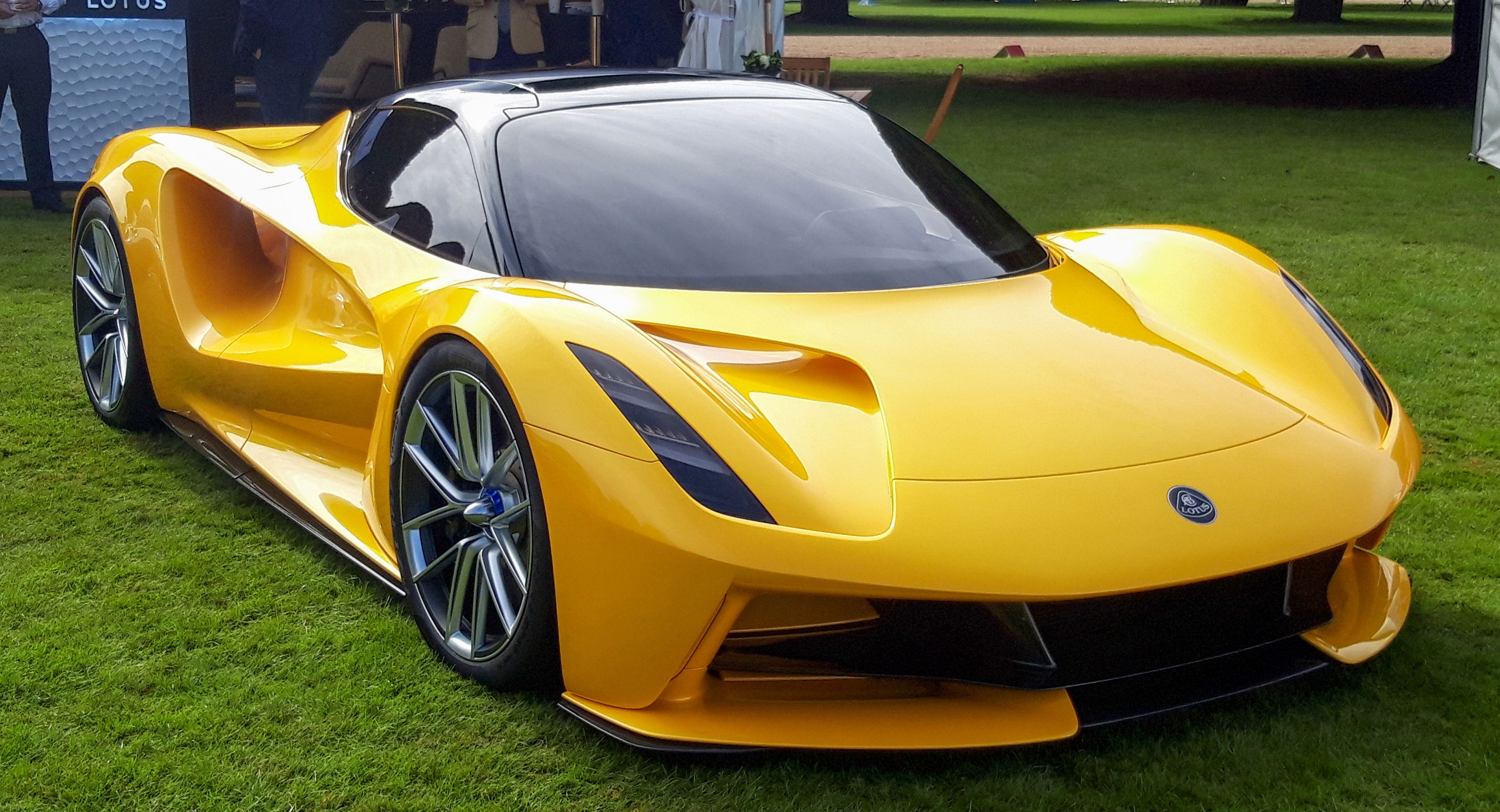
The Lotus Evija is a British-made electric supercar that produces 1,972 horsepower from its four electric motors.
The car is capable of reaching an electronically limited top speed of 217 miles per hour and can go from 0 to 60 miles per hour in under 3 seconds. The Evija has a range of over 250 miles on a single charge.
Aspark Owl: Top Speed – 249 MPH
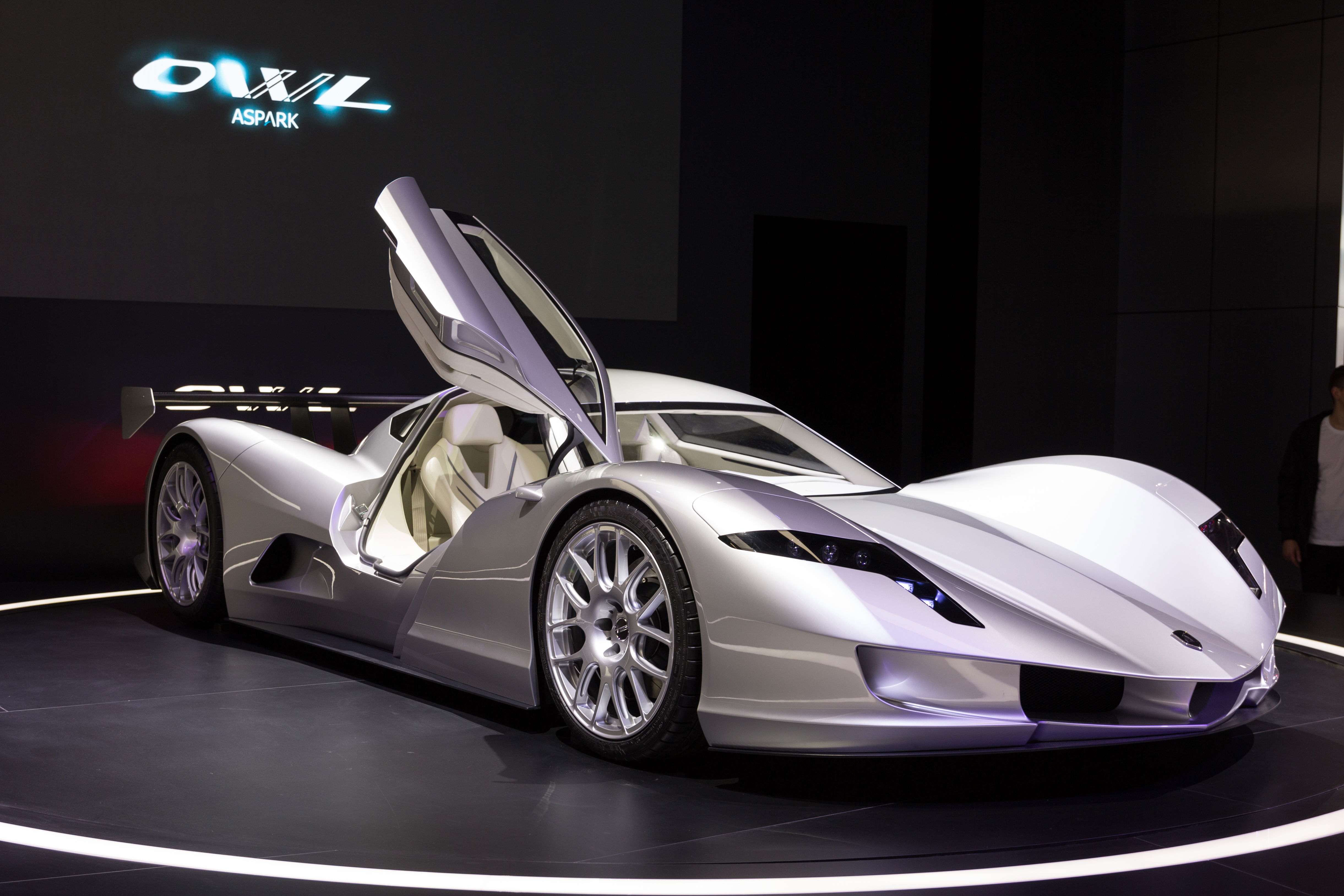
The Aspark Owl is a Japanese-made electric supercar that produces 1,985 horsepower from its four electric motors. The car is capable of reaching a top speed of 249 miles per hour and can go from 0 to 60 miles per hour in under 1.7 seconds.
These electric supercars represent the cutting edge of automotive technology, demonstrating that electric vehicles can deliver performance that rivals or even exceeds that of traditional gasoline-powered cars. As battery technology continues to improve, we can expect to see even more powerful electric supercars in the years to come.